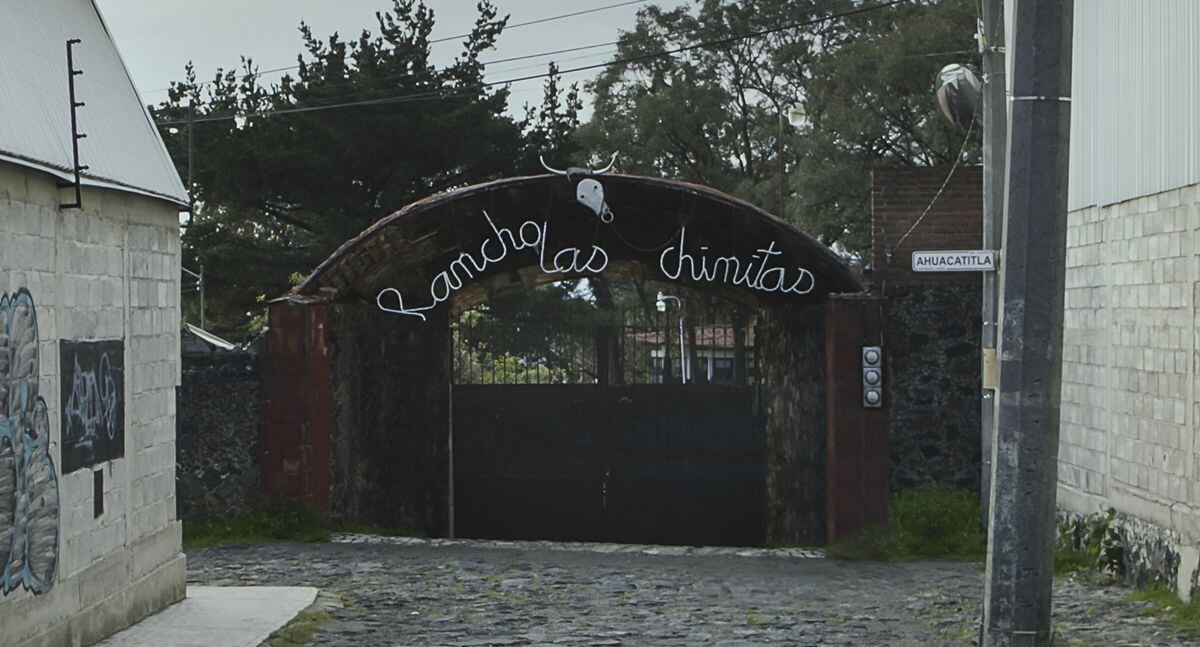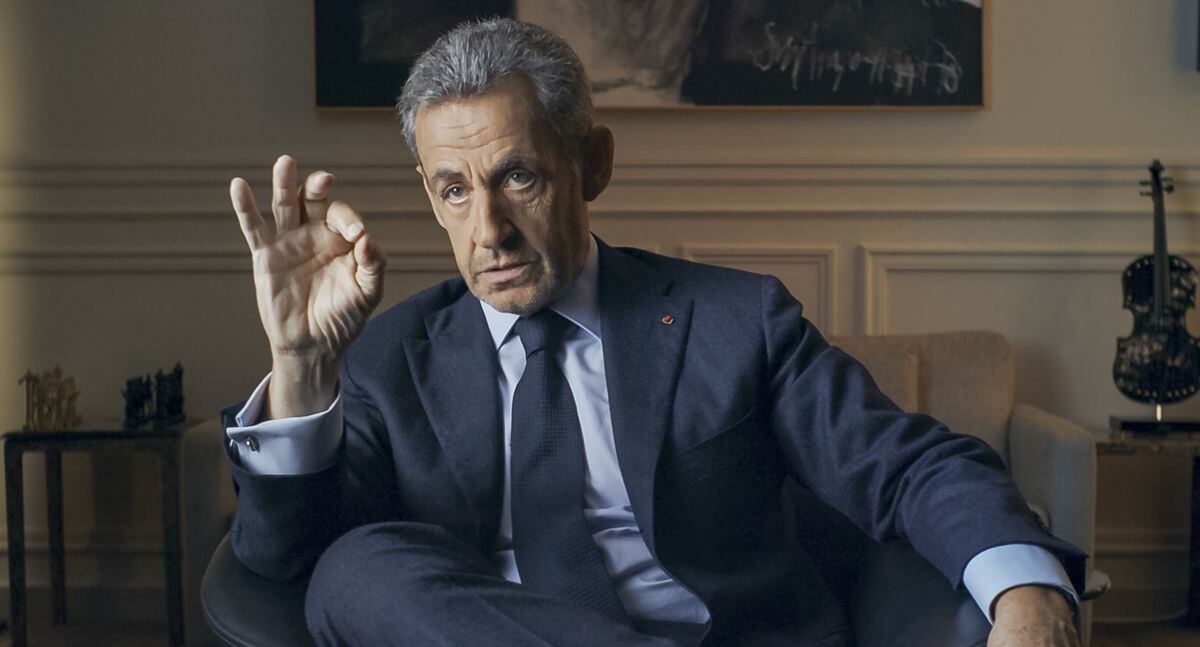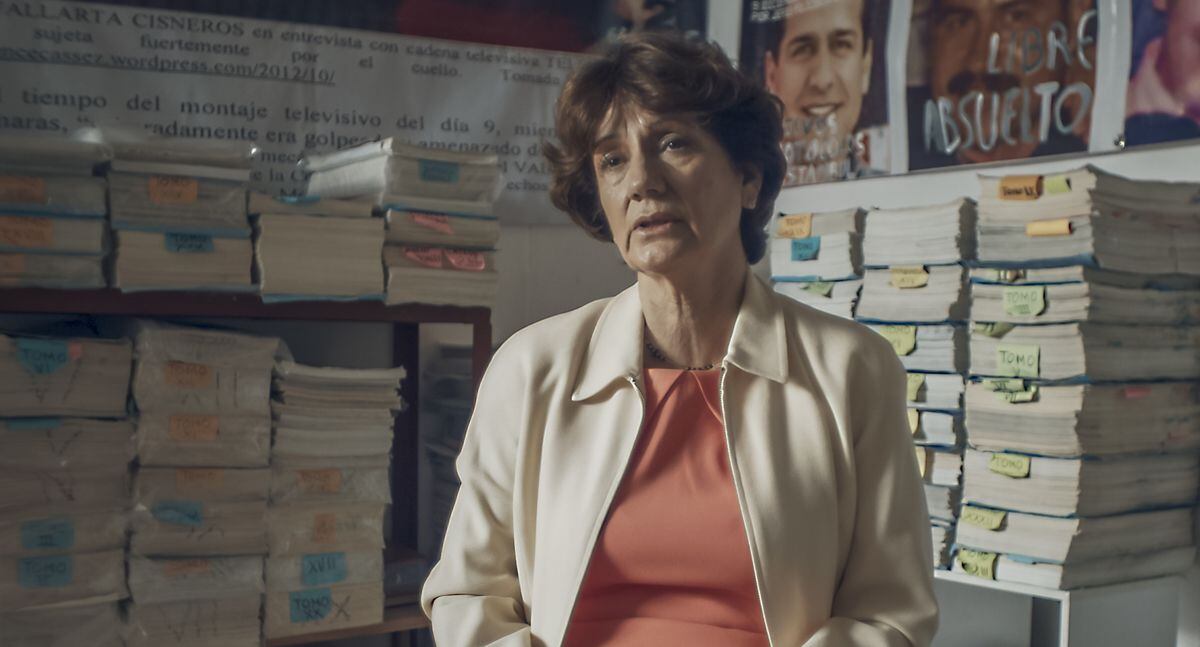2005.2018.2022. Three years, three moments and three stages of the same story. The first, the year in which the Mexican israel vallarta and his partner, the French one, Florence Cassez, were presented before the cameras of Televisa and TV Azteca – the two main Mexican television networks – as alleged leaders of a gang of kidnappers, responsible for the kidnapping of three people (among them a minor). Inside the Las Chinitas farm and handcuffed by agents of the Federal Investigation Agency (AFI), these characters would be the protagonists of a police, media and even diplomatic scandal that, 17 years later, has not had an outcome.
This story and all its peculiarities motivated Jorge Volpi, one of the most brilliant Mexican writers of his generation, to write “A criminal novel”, a manuscript with which in 2018 (here the second moment) he won the Alfaguara Prize. It is a volume of almost 500 pages that presents, with the peculiarities of the journalistic genre, the results that the author obtained after immersing himself in the 10,000 pages that the legal file of the Cassez-Vallarta case had.
LOOK: Jorge Volpi on “A criminal novel”: “The function of the writer is to bother”
Four years after winning the prize equivalent to $175,000 from Penguin Random House, Netflix has just released “The Cassez-Vallarta Case: A Criminal Novel,” a five-episode documentary series based on Volpi’s work, and that from this it delves into the voice of those involved in this delicate case of seeking justice.
The first thing that should be said about Netflix’s production is that it is supported by various pillars: politics, journalism, justice, victims and society. His presentation is not necessarily linear. There are permanent time jumps that allow us to understand, for example, that beyond the fact that the arrest of Vallarta and Cassez was in 2005, everything starts much earlier. Thus, we will see images of the end of what Vargas Llosa called ‘the perfect dictatorship’, referring to the long string of governments of the Institutional Revolutionary Party of Mexico (PRI).
It is Vicente Fox (of the PAN) who takes over from PRI member Ernesto Zedillo and, in the midst of an escalation of violence with various origins and motivations, leans on Genaro García Luna for these issues, a character portrayed throughout the five chapters. of this documentary as someone sinister. Today this subject is in the United States awaiting trial for alleged ties to the Sinaloa Cartel.
Returning to history, we move on to the second pillar: Mexican society tired of insecurity. “The Cassez-Vallarta case: A criminal novel” tells us how, although initially, for example, kidnappings were carried out against people from the wealthy classes, at some point this changed and also those from the middle class ended up seeing their security affected. Thus, a feeling of fed up took over several strata, so that the mere revelation of the leaders of an alleged gang of kidnappers generated some popular support. All this, of course, without anyone dwelling on the truth behind the operatives.

Nor can this interesting documentary series be discussed without talking about the role of journalism. An interesting case presented here is that of the journalist Carlos Loret de Mola, who on the morning of December 2005 when the controversial AFI intervention at the Las Chinitas ranch occurred, did not stop to question the legality and procedures of what he had before cameras. (He was the host of the Televisa morning newscast that broadcast the operation). A great virtue of this audiovisual story written by Alejandro Gerber is that it presents us with the aforementioned looking at the images in question one by one (“I lived through the worst day of my working life,” he says). Almost as if rehearsing an explanation, the presenter of Latinus suggests that – given the feeling of tension existing in society – if two alleged kidnappers were arrested and they were slapped live, “perhaps” people would have I asked them to throw four.
But not everything seems bad in terms of journalism in this Netflix production. There is also, of course, a string of several prominent researchers (many of them with already published books on the Vallarta-Cassez subject) who provide interesting findings and points of view. To all of this we must add the permanent presence of Jorge Volpi himself, who explains with his well-known clarity each of the fundamental aspects of the case in question.
Already in the final part of the analysis, perhaps the most important piece in all this head corresponds to the politicians. If we first put aside the obscure Genaro García Luna and his power in AFI to carry out montages that distract the attention of the population, we would have to focus on the politicians. After the departure of Vicente Fox, he would be succeeded by Felipe Calderón, president who would start the so-called “War against drug trafficking” in a six-year term marked by numerous crimes in various parts of the Mexican territory. This PAN leader would have to manage the most salient moments of the diplomatic crisis caused by the Vallarta-Cassez case.

Although the documentary shows us a Calderón quite energetic in saying that “In Mexico, the one who does it pays”, in the words of his French counterpart Nicolás Sarkozy, the Mexican president had a less closed position ‘inside doors’. Shortly after the visit of the European president to Aztec lands, Florence is sentenced to prison and all progress (in pursuit of her release or at least transfer to her native country to serve sentence) collapses.
To the virtues mentioned above, the documentary presents the testimonies of the main authorities involved. Calderón justifying his ‘strong hand’ against violence, Sarkozy exclaiming that his compatriot’s case was an injustice from all angles and, in addition, former members of the Supreme Court of Justice, former Attorney Generals of the Nation, lawyers, presidential advisers and French attachés in Mexico. In summary: almost all the main voices have space in an almost round production.

Although Cassez was finally released after a higher court ruling that highlighted all the flaws in her trial, Vallarta did not suffer the same fate. This documentary premiered on Netflix is a magnificent opportunity to learn how cases of injustice are by no means exclusive to a country like Peru, but are repeated in different latitudes. Although a large part of Mexican society (and surely also Latin American) seeks severe and summary punishment for any person involved in the commission of a crime, as Jorge Volpi himself points out in the epilogue of the documentary, Israel should be free because “irregularities in the mounting and the torture are enough for him to have to be. And so that he has to be free on the presumption of innocence ”.
Source: Elcomercio
I am Jack Morton and I work in 24 News Recorder. I mostly cover world news and I have also authored 24 news recorder. I find this work highly interesting and it allows me to keep up with current events happening around the world.

:quality(75)/cloudfront-us-east-1.images.arcpublishing.com/elcomercio/RZJGPSTWSRHORFDZJJGG62QX7U.jpg)



:quality(75)/cloudfront-us-east-1.images.arcpublishing.com/elcomercio/FEFM2G7X7RANNG7QCPW54DZ24E.jpg)
:quality(75)/cloudfront-us-east-1.images.arcpublishing.com/elcomercio/E4PDLYKFKZEKXHTIAOEBZPOCOM.jpg)
